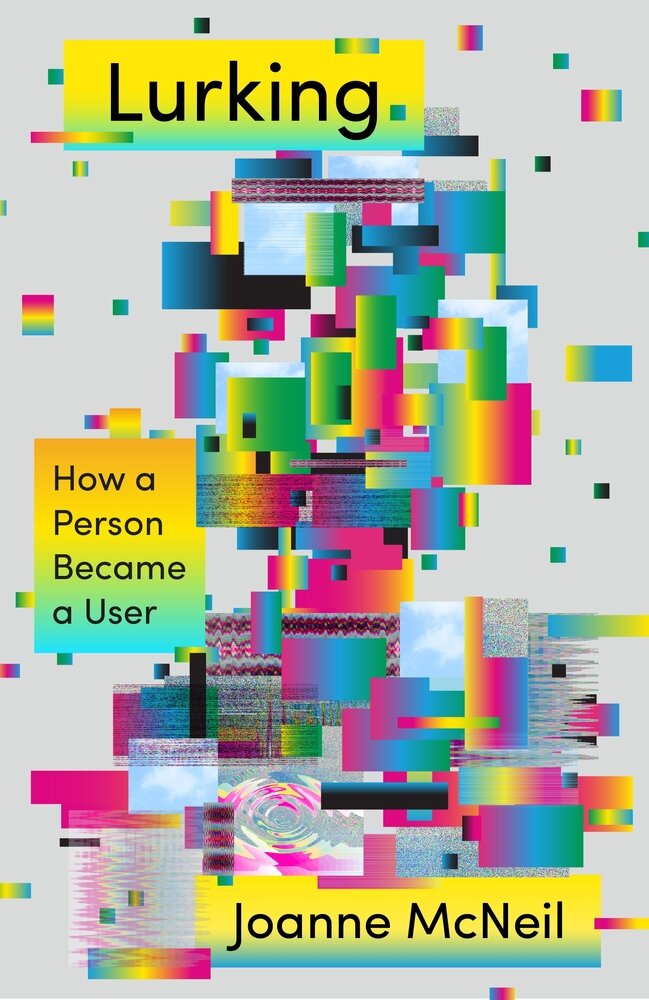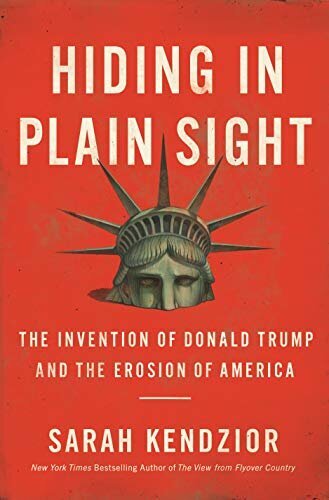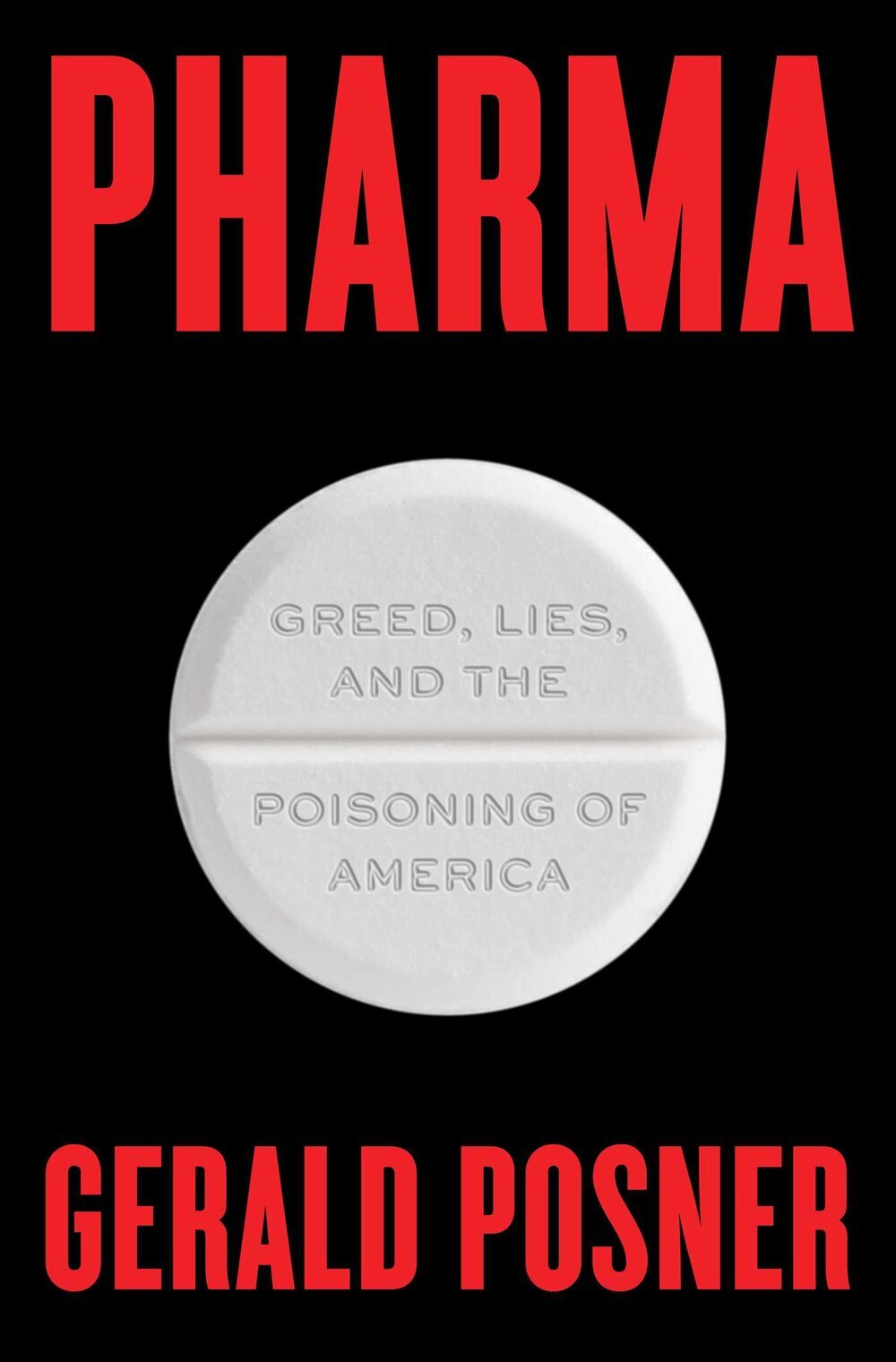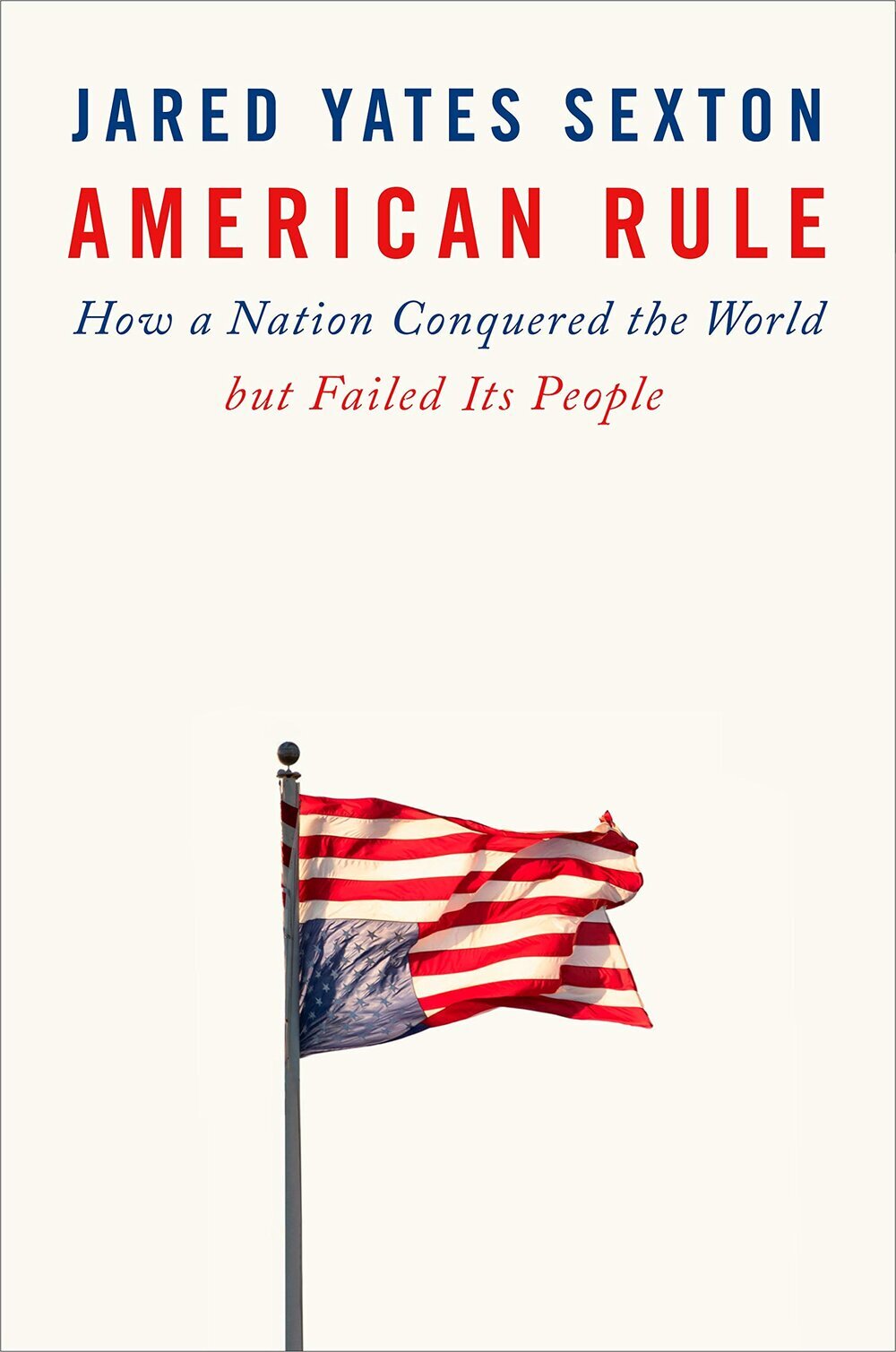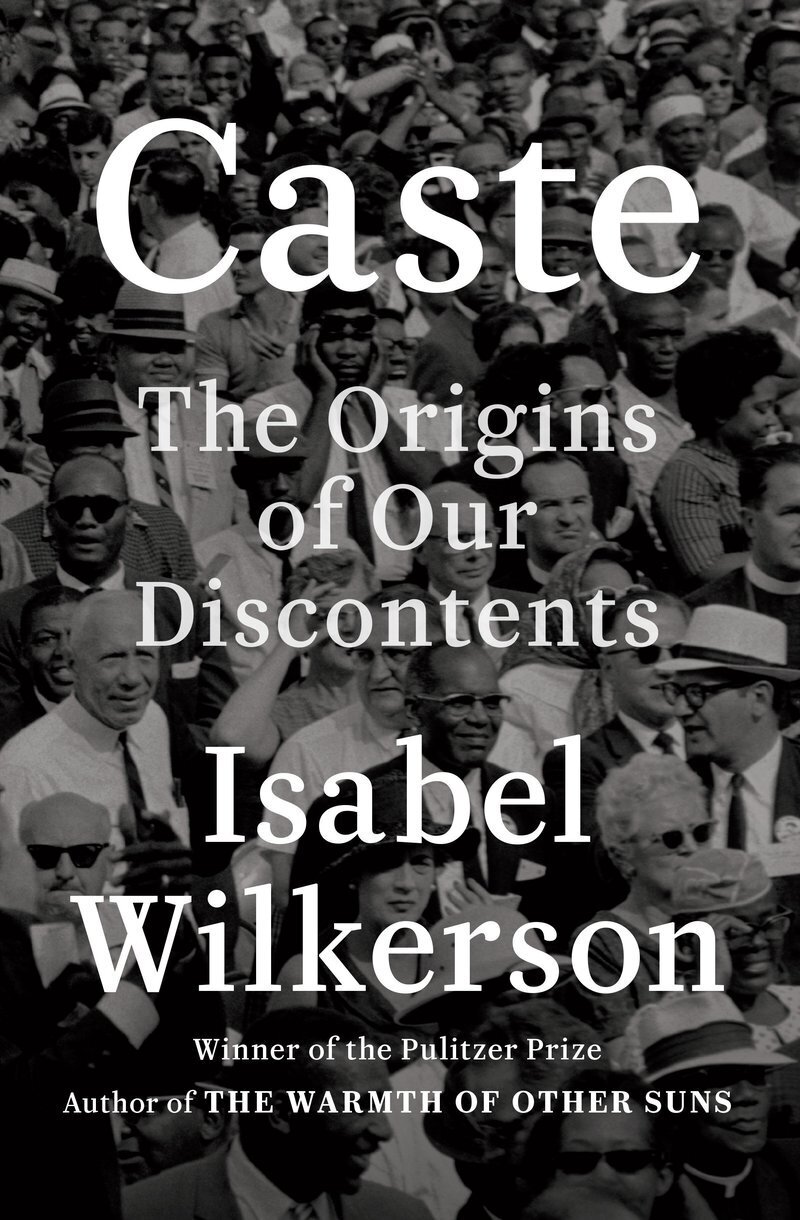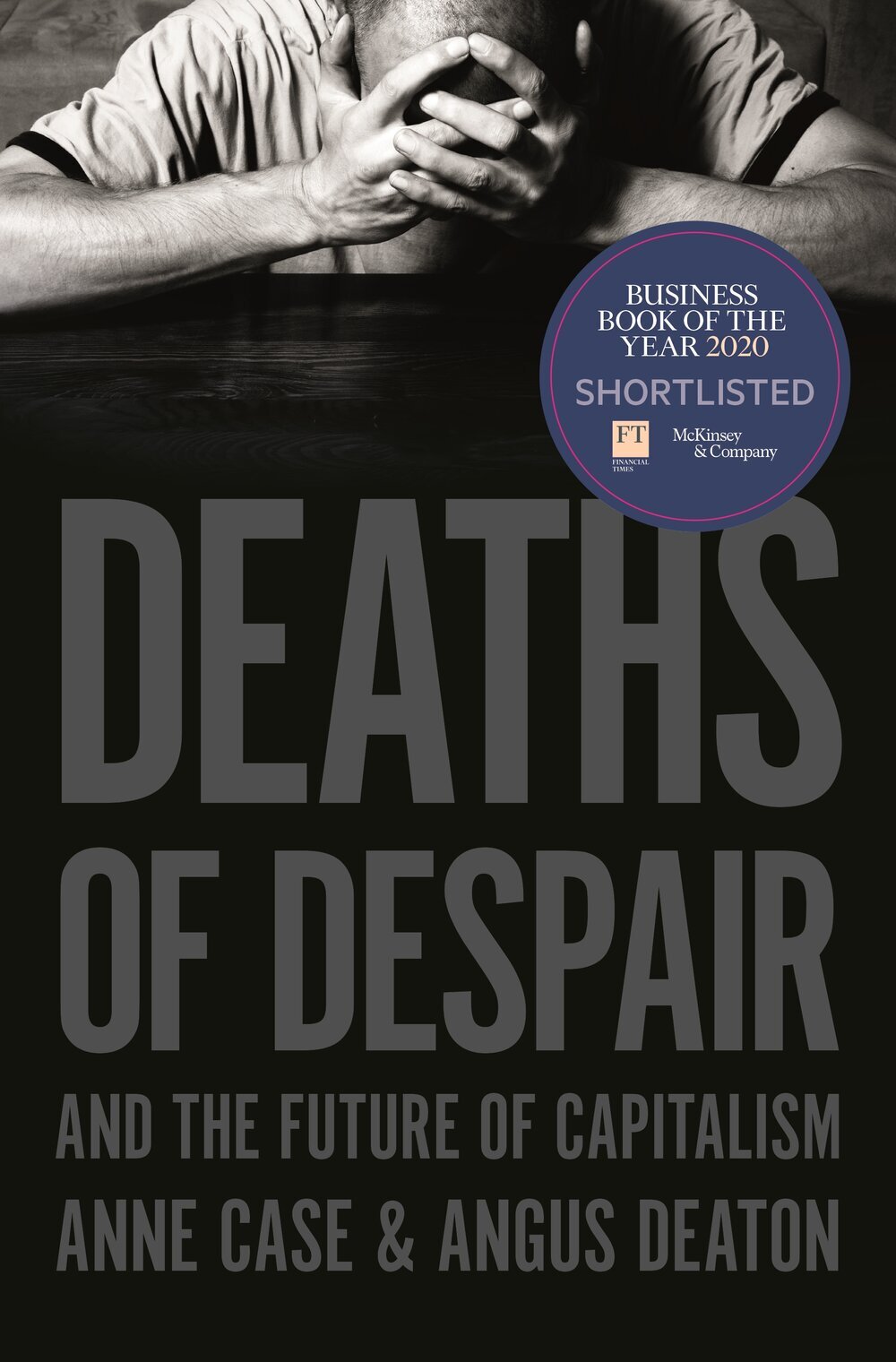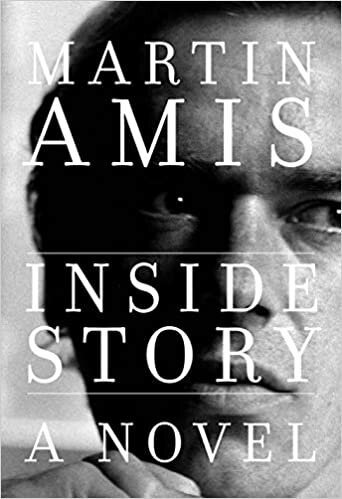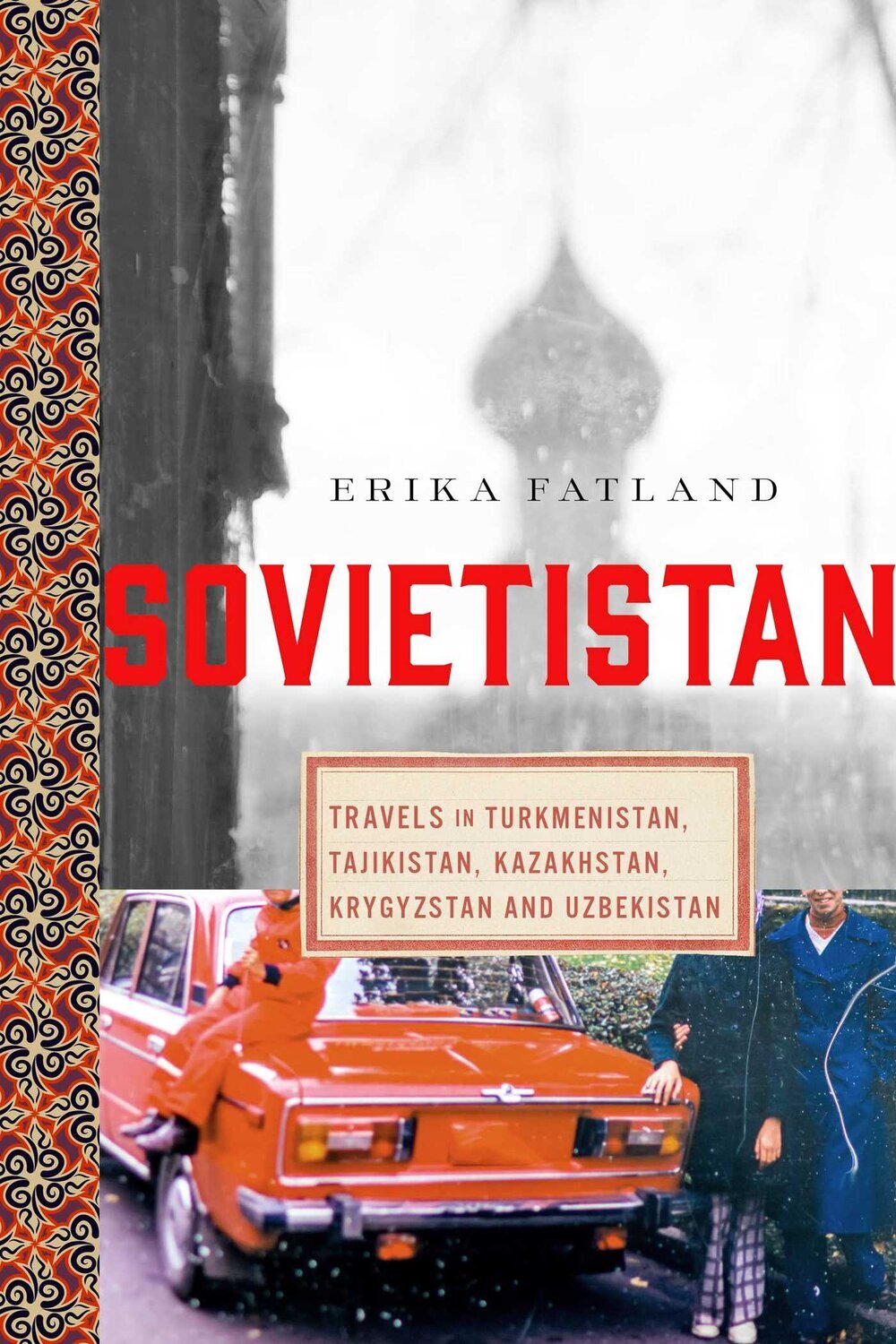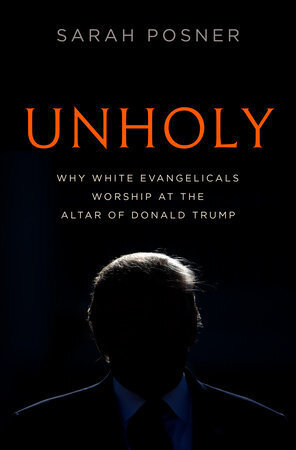The Best Books of 2020: Nonfiction!
/More than most years, 2020 was a year of nonfiction. Harsh, real-world considerations seemed to crowd their way into even the briefest idle moment of fantasy. There was a pandemic; there were instantly competing theories about the origin, nature, and treatment of the pandemic; there were economic shutdowns following the pandemic; there were out-of-control wildfires in half the country; there were super-storm threats every week; there was an openly fascist power-grab for control of the United States, conducted by the sitting President with the almost-unanimous consent of one-half of both the country and the Congress - and it all seemed to gang up on its collective victims, without relief. In such circumstances it might seem counterintuitive for any nonfiction books to warrant recommendation, but even so, quite a few of them did - and these were the best of them:
10 Lurking: How a Person Becomes a User by Jeanne McNeil (MCD)
There’s been a whole library of books written about the Internet and its power over the mere humans who built and who use it, but even in that crowded field, Jeanne McNeil’s bracingly smart book stands out, both as diagnosi and, necessarily, as warning.
9 Hiding in Plain Sight by Sarah Kendzior (Flatiron Books)
Any reader tempted by the election of Joe Biden and the ejection of Donald Trump from the presidency in 2020 to consider Sarah Kendzior’s brilliant, scathing analyses of Trump’s danger to the country somehow irrelevant hasn’t been paying sufficient attention to the incredibly dangerous moment in which America finds itself. That moment has no better chronicler than Kendzior.
8 Pharma by Gerald Posner (Avid Reader Press)
If you’ve ever had even glancing contact with the horrifyingly rapacious American health care system, you’ll already know something of the sheer scale of evil described in Gerald Posner’s amazing new book, but even knowledgeable readers will learn no horrors in these exhaustively-researched pages.
7 Digital Cathedrals by Mark P. Mills (Encounter Books)
This sharp, insightful book on the nature and likely evolution of the Cloud and Cloud-based computing is, at 60 pages, almost certainly the shortest book - a brainy little pamphlet, really - ever to appear on this list, but the thinking presented here, as alarming as it is invigorating, makes up for the brevity.
6 American Rule by Jared Yates Sexton (Dutton)
Along with Sarah Kendzior, Jared Yates Sexton has for years been a clear, urgent voice of warning about the rise of a peculiarly American theocratic fascism and the inroads it’s making into mainstream American society. This newest book is both broader and deeper in its outlook - another side of this author’s interests, and a fascinating one.
5 Deaths of Despair by Anne Case & Angus Deaton (Princeton University Press)
There are some books that are instantly recognizable as bellwethers of their immediate era, and that’s clearly true of this book, which puts forward an irresistibly clear-headed diagnosis of the dangers of what its critics witheringly refer to as late-stage capitalism and proffers some possible health regimens.
4 Unholy by Sarah Posner (Random House)
In this riveting book, Sarah Posner takes what could have been an easy subject - the obvious dissonance between the sanctimonious cant of the American evangelical movement and the obvious moral degeneracy of the equally-obviously atheist Donald Trump - and transforms it through research and deep thinking into an intensely thought-provoking look at that inexhaustible subject, religion in America.
3 Inside Story by Martin Amis (Knopf)
It’s the smallest of clarifying points to put this autobiography on the nonfiction rather than the fiction list (if Martin Amis called this thing a cookbook, I wouldn’t simply parrot that either); far more important is the weirdly intricate, weathered sadness threading through these pages, the burnishing of this author’s worst narrative tics into a kind of antic late style that is, loath as I am to say it, transfixing.
2 Sovietistan: Travels in Turkmenistan, Kazakhstan, Tajikistan, Kyrgyzstan, and Uzbekistan by Erika Fatland (Pegasus Books)
It’s comparatively rare that travel-writing makes its way onto this list, but the outstanding examples almost always do, and Erika Flatland here does a luminously wonderful job illuminating the bones of a whole itinerary of post-Soviet republics, each in its own way less likely than the one before it.
1 Caste: The Origins of Our Discontents by Isabel Wilkerson (Random House)
Every argument in this book, every aspect of Isabel Wilkerson’s contention that a partially-invisible but iron-clad caste system had always ruled and still rules America, is so bristlingly presented and so vigorously debatable that the book, the best nonfiction title of 2020, becomes an instant, invaluable shorthand for the times.
